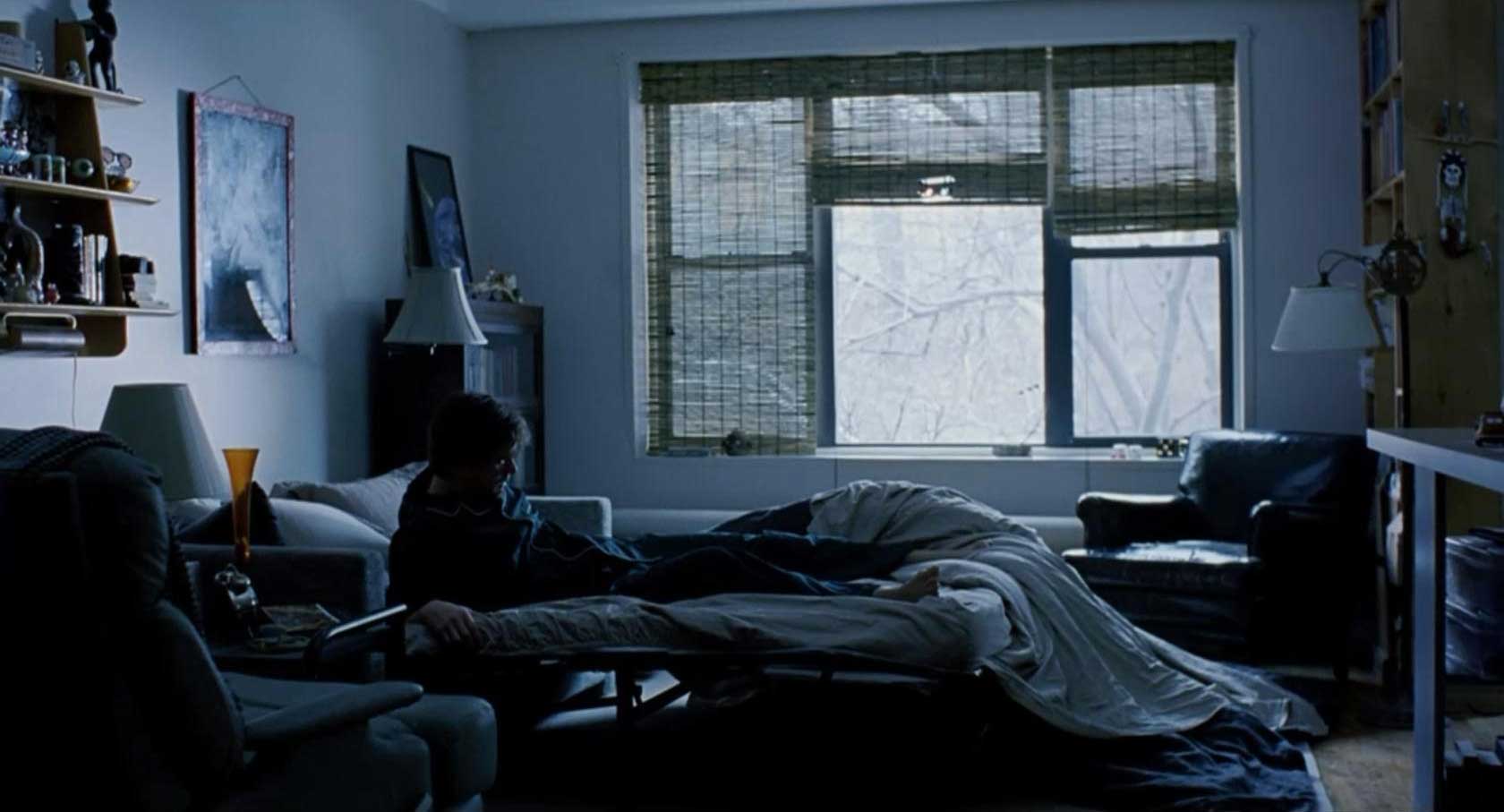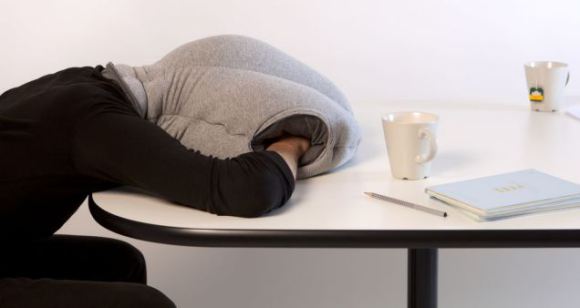 “More than 20 years ago…we began to suspect that the brain’s activity during slumber may somehow restore to a baseline state the billions of neural connections that get modified every day by the events of waking life. Sleep, in this telling, would preserve the ability of the brain’s circuitry to form new memories continually over the course of an individual’s lifetime without becoming oversaturated or obliterating older memories.”
“More than 20 years ago…we began to suspect that the brain’s activity during slumber may somehow restore to a baseline state the billions of neural connections that get modified every day by the events of waking life. Sleep, in this telling, would preserve the ability of the brain’s circuitry to form new memories continually over the course of an individual’s lifetime without becoming oversaturated or obliterating older memories.”
More Science of Sleep: In Scientific American, two Italian academics put forward their “synaptic homeostasis hypothesis” (SHY) of slumber, whereby the brain weakens (not strengthens, as is usually assumed) synaptic links overnight. “In principle, SHY explains the essential, universal purpose of sleep…sleep restores the brain to a state where it can learn and adapt when we are awake…Most generally, sleep is the price we pay for the brain’s plasticity — its ability to modify its wiring in response to experience.”
Also part of SHY: the idea of “local sleep”: “Recently we have even found that prolonged or intense use of certain circuits can make local groups of neurons ‘fall asleep’ even though the rest of the brain (and the organism itself) remains awake…It seems that when we have been awake for too long or have overexerted certain circuits, small chunks of the brain may take quick naps without giving notice.” I believe in Internet parlance this is known as “haz-ing the dumb.”


